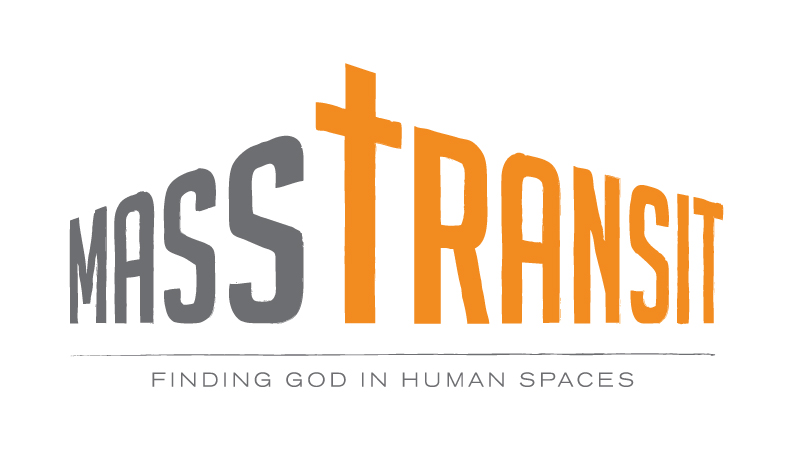Morning Mindfulness
The greatest threat to our freedom is not an out-of-control federal government. It's not North Korea or Russia. It's not the zombie of white supremacy. Our freedom is not under siege from diabolic forces. Rather, the greatest threat to our freedom comes from inside ourselves.
We suffer from the tyranny of our own thoughts, ideas, and opinions.
Mindfulness meditation can free yourself from this tyranny. This practice will help you recognize that you are not what you think; it reveals the lie of the phrase, "I think, therefore I am."
- Set aside a few moments to sit and be present to the moment as it is. You may want to have some kind of focus, such as a mantra, an icon, or your breath. Whatever your focus is, engage it with your whole self. Do not think about it or analyze it. Just be present to it.
- Recognize distractions, then let them go. When faced with a distraction--such as a thought, a daydream, a sound, or even an itch--name the distraction and then return to your focus. For example, if you find that you are thinking about someone, simply state "This is thinking" and return to your focus.
- Be gentle and compassionate with yourself. There is no success or failure in mindfulness meditation. Whenever you return to your focus, do so with gentleness and compassion. Do not judge yourself for being distracted. (if you find yourself doing so, say "This is judgment"). Do not qualify your experience; it just is.
Mindfulness meditation is a practice in compassion. It helps us recognize reality for what it is. Mindfulness helps us recognize the suffering in the world and to acknowledge it without judgment, thus freeing us to offer comfort simply by offering our presence.
